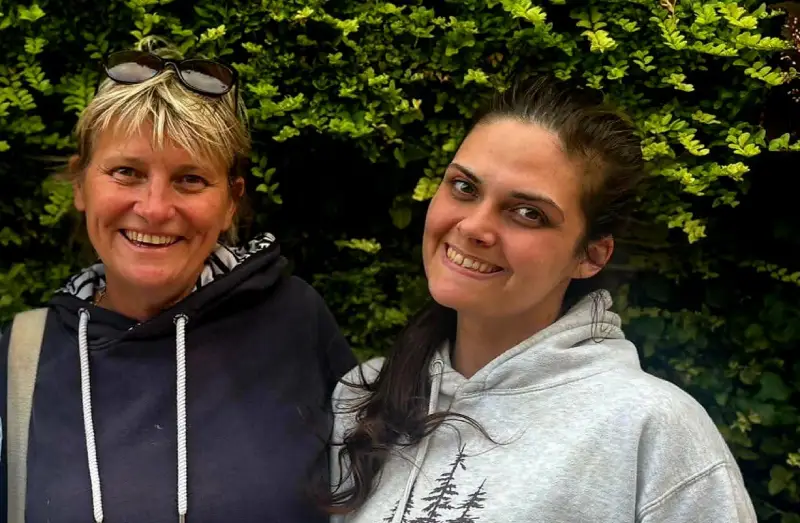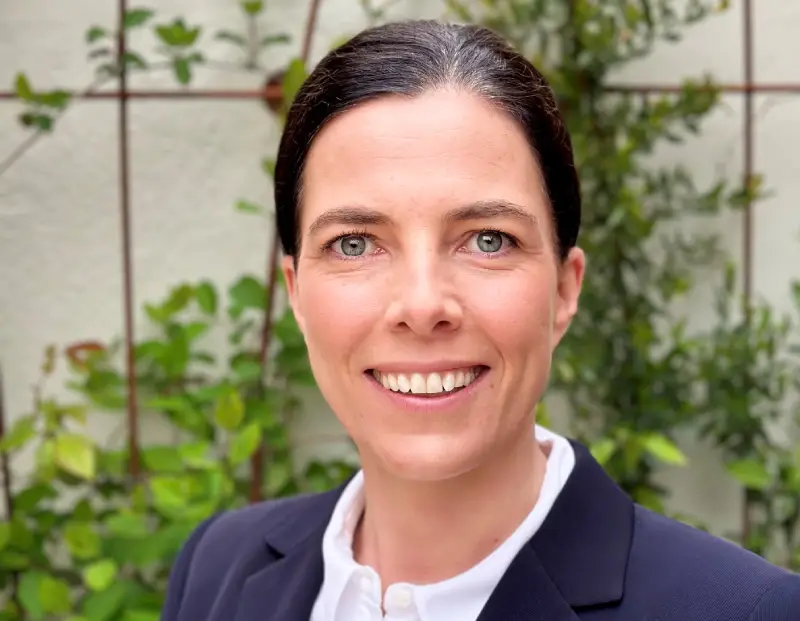A national team based in Cambridge are celebrating ten years of helping people living with rare diseases to develop their own research ideas. The hub has received nearly 100 proposals spanning 75 conditions and close to 40 have gone on to become research projects including clinical trials and device development studies.
Established in 2015, the Patient Led Research Hub (opens in a new tab) (PLRH) works with rare disease patient groups across the UK. It is founded on the principle that people with lived experience have unique insights that should be used to inform research that improves understanding and care in ways that matter most to patients.
Around 1 in 17 people have a rare disease, over 3.5 million in the UK. People with rare diseases can face significant physical, mental, and emotional challenges with very little specialist help. Of nearly 11,000 known rare diseases, fewer than 5% have effective treatments and there is a significant need for better understanding and new therapies.
Vanessa Martin is a parent to a person living with a rare disease and started a project with the PLRH. She said:
We’re so lucky we found out about the hub. Working with the team has helped us to address a critical challenge in understanding patient need across the UK, which is a necessary step towards improving support for families. We would have been lost without the team’s support.

As a national resource, the PLRH offers free support for rare disease patient groups across the UK. Research ideas or questions are welcome from anyone with lived experience of rare diseases. No research experience is necessary, as the team provide support to develop the idea into a feasible research concept.
Find out how to contact the Patient Led Research Hub.
The Hub includes experts in clinical trials, research management, and grant writing, and works closely with academic, research and healthcare organisations across the UK. The PLRH supports ideas to the point where they are able to secure grant funding for the research.
Led by Dr Rona Smith, a consultant in nephrology and vasculitis at Addenbrooke’s Hospital, the hub delivers research focused on real-world need helping to underpin the UK Rare Disease Framework.

The PLRH is a unique resource within the UK, providing much needed support for patients with rare diseases who often have important unanswered questions about their condition which could be answered through research. Thanks to innovations like the RDRN, in our tenth year we’re able to support even more people to drive their own research ideas.
I am very proud of everything we’ve achieved over the last decade. It is a pleasure to lead such a passionate team and to work on fascinating and varied research projects with patients bringing invaluable lived experience.
Dr Rona Smith
In 2023, the Hub launched the Rare Disease Research Network (opens in a new tab) (RDRN). Developed with the rare disease charity CamRARE, the RDRN is an online networking platform that aims to empower more people with rare diseases to develop their ideas by connecting with specialists.
The PLRH is a collaboration between Cambridge University Hospitals NHS Foundation Trust (CUH), the University of Cambridge, the National Institute for Health and Care Research (NIHR) Cambridge Biomedical Research Centre (BRC), and Cambridge Clinical Trials Unit.
Research into care for a rare childhood tumour condition
Vanessa’s daughter, Nicole, lives with a condition called neurofibromatosis 1 (NF1), a rare disease that affects around 25,000 people in the UK and causes tumours on the nerves and skin. Symptoms often worsen over time, and many patients also have specialist learning needs.
Each patient experiences NF1 differently. Some may require minimal support but others have complex health needs and require specialist care. The experiences Vanessa had with her daughter led her to set up Childhood Tumour Trust, a charity supporting patients and families with NF1.
Vanessa found out about the Hub through social media and approached them for help with a research project to support her work campaigning to improve NF1 care.
Care for complex NF1 is available in the UK through two specialist centres, but outside of these centres awareness amongst clinicians is patchy and the quality of care and support that families receive varies a lot. By doing research, we wanted to highlight the issues experienced by patients and clinicians to help inform a more equitable approach that helps everyone with NF1 to access the care they need.
The Hub worked with Vanessa and Childhood Tumour Trust, as well as Karen Ferguson, founder of Tumour Support Scotland – a charity that supports NF1 families in Scotland. The study consisted of surveys for NF1 families and the clinicians supporting them. The surveys explored existing care for people with NF1 and how it could better meet the needs of patients.
Karen, whose son has NF1, said: "There’s a lot of frustration from parents and patients when trying to get support for NF1. It’s a progressive condition that needs constant attention. In many parts of Scotland, patients with complex needs are having to travel as far as Manchester for care, that takes a huge toll not just on patients but on their whole families."
Our research supports what we’ve been hearing all along from the families we work with. There’s no consistent way to get the support they need. We see the same from the doctors’ supporting families; there’s no guidance on what to do and where to go for help.
Karen Ferguson, Tumour Support Scotland
As work on the study progressed, Dr Ellie Day, a consultant paediatrician at Royal Free London NHS Foundation Trust joined as clinical lead. Dr Day has a special interest in neurodevelopmental illnesses and a daughter with NF1.

As both a clinician and a parent, I recognise the need for greater awareness of NF1 and a unified approach to providing care that takes into account the complexity and diversity of symptoms it can cause.
It has been my pleasure to work on this study, and I hope the findings will lead to real, change in the support that is available to patients and clinicians.
Dr Ellie Day, clinical lead for the NF1 research and a consultant paediatrician at Royal Free London NHS Foundation Trust
The surveys revealed widespread challenges faced by people with NF1 across the UK, particularly in areas unserved by the two specialist centres. Dr Shaowen Ju, a University of Cambridge medical student who led the analysis, identified several changes that could help to address this situation, including the creation of standardised care guidelines, improved care coordination, and greater awareness of NF1 for both patients and healthcare professionals.
The findings have been presented at multiple national conferences, and recently published in BMJ Open Quality. These efforts will help support patient charities to lobby governments to implement national guidance and a more cohesive national support strategy informed by this research and the needs of families.

